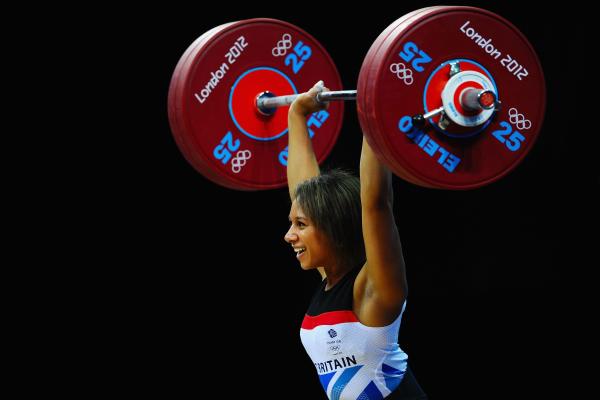I have a love/hate relationship with the Olympics. I love the pageantry and global drama of it all. And even as one who hardly ever watches sports (I make exceptions for Roller Derby and Quidditch), I nevertheless find myself glued to the screen whenever the Olympics roll around. At the same time I am uneasy with the neo-colonial aspects of the Games and the fact that one’s ability to win a medal increasingly depends upon how much money one’s country has (making the Games a vivid illustration of global economic injustice). Yet even as I have watched (and enjoyed) the London Games with conflicted emotions, I find myself more and more uncomfortable with the ways the presentation of the Olympics serves to reinforce harmful assumptions about women in our culture.
It started before the Games. As the world geared up for the Olympics, it was hard to avoid hearing some guy or another (from TV hosts to bloggers) saying that what they were most looking forward to watching was women’s beach volleyball. It was this strange inside joke insinuating that the real purpose of the Games was to give them an opportunity to see women diving around in bikinis. I even heard complaints about the new Olympic rule allowing women to compete fully covered (a concession offered to allow Muslim women to compete in the Games). It was uncomfortable to hear how nonchalantly women continue to be reduced to mere sexual objects, but I brushed it aside as typical of our culture.
Read the Full Article

